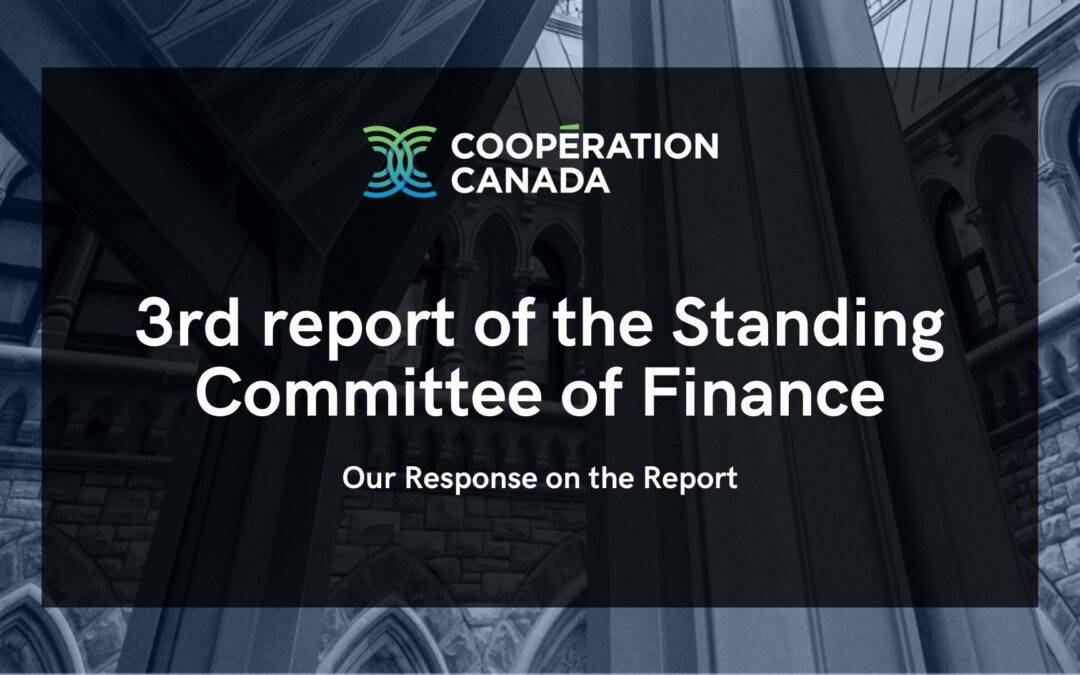Working in partnership across the sector, Cooperation Canada joined the 495 individuals and groups that requested resources and support through the House of Commons Standing Committee on Finance’s pre-budget consultations in 2021. Our submission asked for an investment of $1.5 billion of new and additional funding to the international assistance envelope (IAE) to reach $9 billion in Budget 2022-23 and was reinforced through a follow-up submission in February 2022.
In the face of growing global needs and Canada’s current commitments to reach the United Nations Sustainable Development Goals, this is a modest ask. Conflicts, floods, droughts, heatwaves, diseases, and famine continue to wreak havoc on the lives of millions of people. Despite this, in the recently released third report of the Standing Committee on Finance, the only reference to international assistance is found in its 54th recommendation referring to Canada’s commitment to international development in the context of education, “skills training and applied research for the transition to a net-zero world.” Cooperation Canada is puzzled by this narrow perspective of international development and naïve belief that a net-zero world is even possible and compatible with an inequity-plagued and crisis-prone world.
We support Canada’s recent announcements, including pledges for humanitarian assistance in Ukraine, Yemen, and Afghanistan, and funding announcements to fight the global TB epidemic, among other challenges. These are some of the many global humanitarian and development crises that require our sustained and predictable assistance and remind us of our collective vulnerability and the interdependency of our world.
The Report did also include several recommendations to address the climate change emergency, including Recommendation 142 about publishing a roadmap to eliminate ineffective fossil fuel subsidies by 2025 to meet Canada’s G20 and G7 commitments. But, should Canada pick and choose global commitments to meet?
Canada has notoriously failed to meet the 1970 standard of spending the equivalent of 0.7 percent of the gross national product (GNP) on Overseas Development Assistance (ODA), a standard proposed by our own former Prime Minister Lester Pearson. Moreover, the International Development Minister’s mandate letter includes a commitment to annual increases to ODA in line with our commitments to the 2030 Agenda for Sustainable Development – and yet we see no mention of official development assistance at all in the report. This is disappointing because we know that there are many more speedbumps on the road to global stability, speedbumps that can jeopardize the government’s ambition of “delivering for Canadians now.”
Can Canada really deliver for Canadians in isolation?
We welcome political efforts to ensure stability and predictability to get things done and produce tangible results on social inequality, climate change, and reconciliation. But these efforts cannot be divorced from our global commitments and responsibilities.
Does this government still want to be a champion of feminism, human rights, stability, and shared recovery from the pandemic both at home and abroad? If so, it is time to back our ambitions with the stable, predictable, and long-term financing needed to build resilience around the world.

